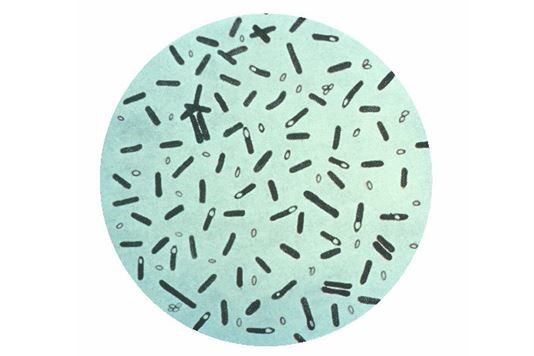
A team of scientists in the US have successfully blocked allergic reactions to peanuts in mice. Could the treatment prevent reactions in humans?
Could food allergies be prevented? That’s the hope of one team of scientists at the University of Chicago who found that it was possible to block allergic reactions to peanuts among mice using a group of bacteria called Clostridia.
While big steps still have to be made before humans might receive the same treatment, it’s a very welcome hope for the future.
Modern prevalence of allergies
The proportion of the population suffering from food allergies is rising “at an alarming rate,” say the researchers. The NHS says that there has been a “substantial increase in allergic disorders in the last two decades,” while the US Centers for Disease Control and Prevention recorded an 18% increase in allergies among children in the US between 1997 and 2007.
A suggestion for the cause of this increase, known as the “hygiene hypothesis,” has proposed that modern efforts to reduce exposure to harmful microbes early in life has caused this shift. People’s immune systems therefore aren’t maturing well enough to cope with exposure, and this leads to allergen sensitivity.
Food allergy sensitivity in mice

However, if Clostridia bacteria were introduced to the germ-free mices’ guts, their allergic sensitivity to peanuts was greatly reduced. The team observed that Clostridia regulated certain immune cell functions, improving the guts’ defences, and that it caused the lining of the intestines to become less permeable, meaning that allergens couldn’t pass through into the bloodstream.
Keeping allergens at bay
Dr Cathryn Nagler, one of the researchers, told the BBC that allergens needed to enter the bloodstream to become a problem, but the presence of Clostridia prevents them from doing so.
She explained that "Clostridia are known to be closely linked to the intestinal lining. They are spore-forming [bacteria] which makes them tricky to work with, but down the road they would be a candidate to put in to a pill as they are highly stable."
This is just one study, and the digestive systems of germ-free mice don’t reflect those of humans in daily life, but the paper has opened up a new view on possible future treatments for allergies.
Do you think this research sounds hopeful? Perhaps it could help with your own allergies? Share your views in the comments box below
Main image public domain, mouse image attributed to Iketsi.
You might also like:
Are we a nation of healthy eaters or TV slobs?